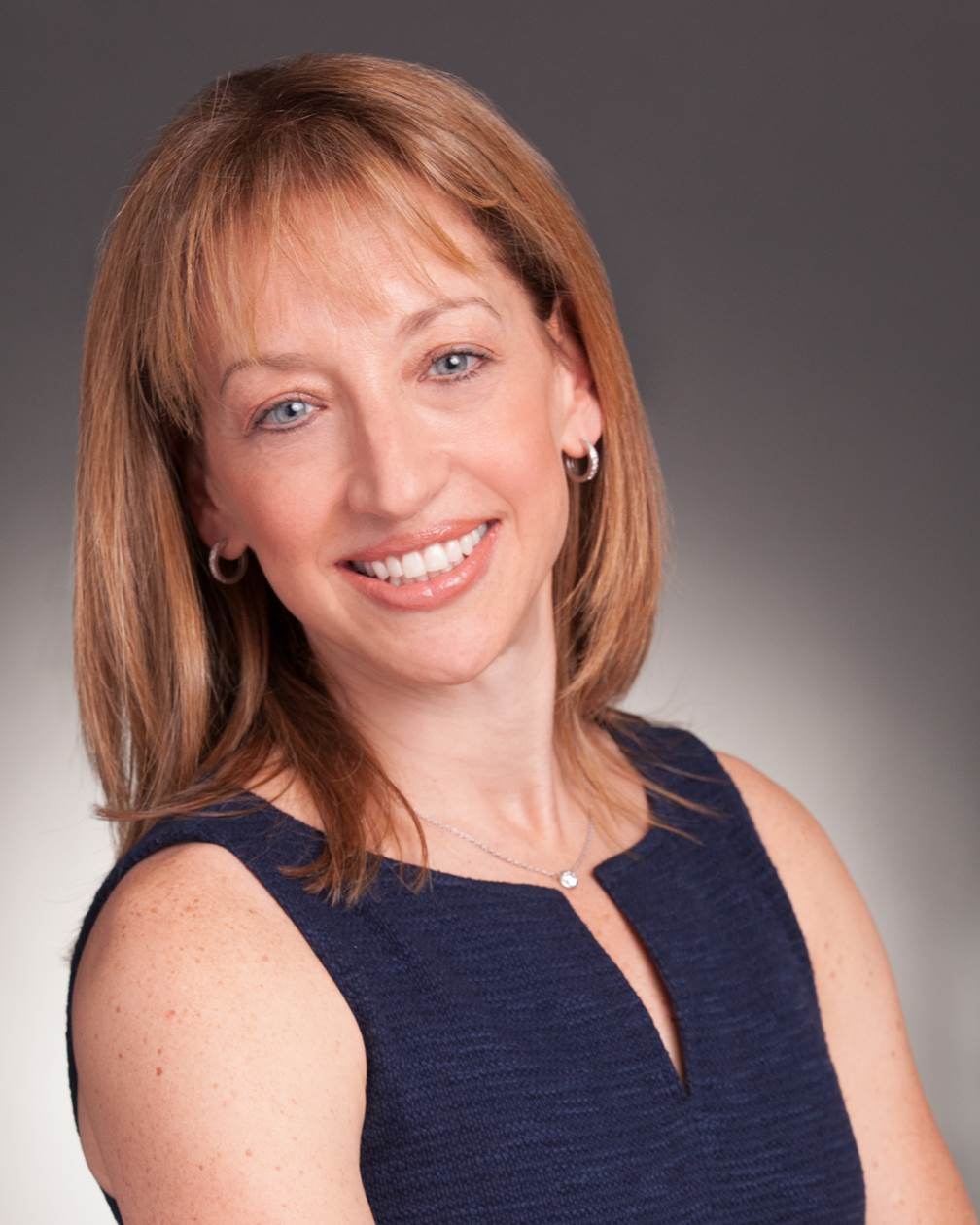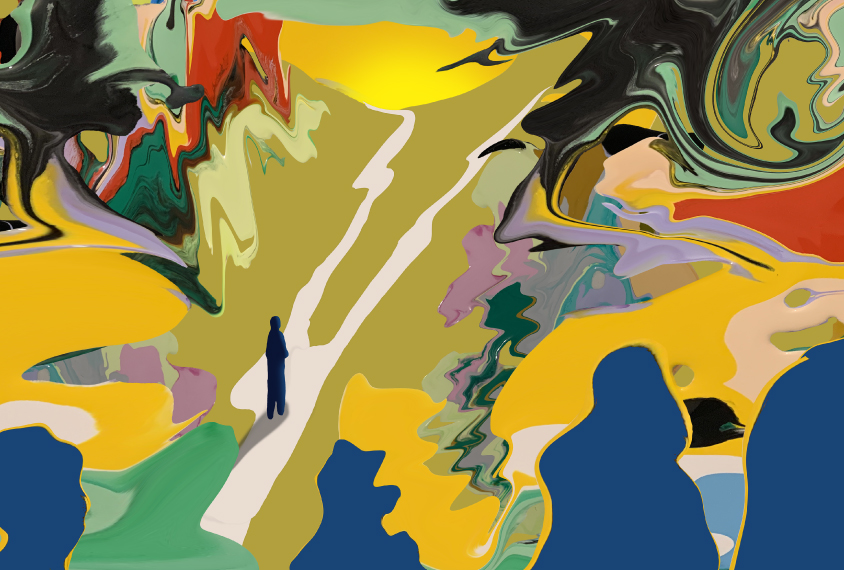
Alison Singer
President
Autism Science Foundation
From this contributor
It’s time to embrace ‘profound autism’
My experience at the Autism-Europe International Congress — and as a parent of a child with profound autism — makes me more convinced than ever that we need to bifurcate the diagnosis of ‘autism spectrum disorder’ and add a new diagnosis of ‘profound autism’ to better serve this vulnerable population.
Portrayals of autism on television don’t showcase full spectrum
Television characters with autism look dramatically different from the majority of people who have the condition.

Portrayals of autism on television don’t showcase full spectrum
The case for brain donation
We can't get back the tissue lost in the Harvard freezer malfunction, but we can try to create something positive from this tragic event, says Alison Singer.
Explore more from The Transmitter
Shifting neural code powers speech comprehension
Dynamic coding helps explain how the brain processes multiple features of speech—from the smallest units of sounds to full sentences—simultaneously.

Shifting neural code powers speech comprehension
Dynamic coding helps explain how the brain processes multiple features of speech—from the smallest units of sounds to full sentences—simultaneously.
Astrocytes orchestrate oxytocin’s social effects in mice
The cells amplify oxytocin—and may be responsible for sex differences in social behavior, two preprints find.

Astrocytes orchestrate oxytocin’s social effects in mice
The cells amplify oxytocin—and may be responsible for sex differences in social behavior, two preprints find.
Neuro’s ark: Spying on the secret sensory world of ticks
Carola Städele, a self-proclaimed “tick magnet,” studies the arachnids’ sensory neurobiology—in other words, how these tiny parasites zero in on their next meal.

Neuro’s ark: Spying on the secret sensory world of ticks
Carola Städele, a self-proclaimed “tick magnet,” studies the arachnids’ sensory neurobiology—in other words, how these tiny parasites zero in on their next meal.

